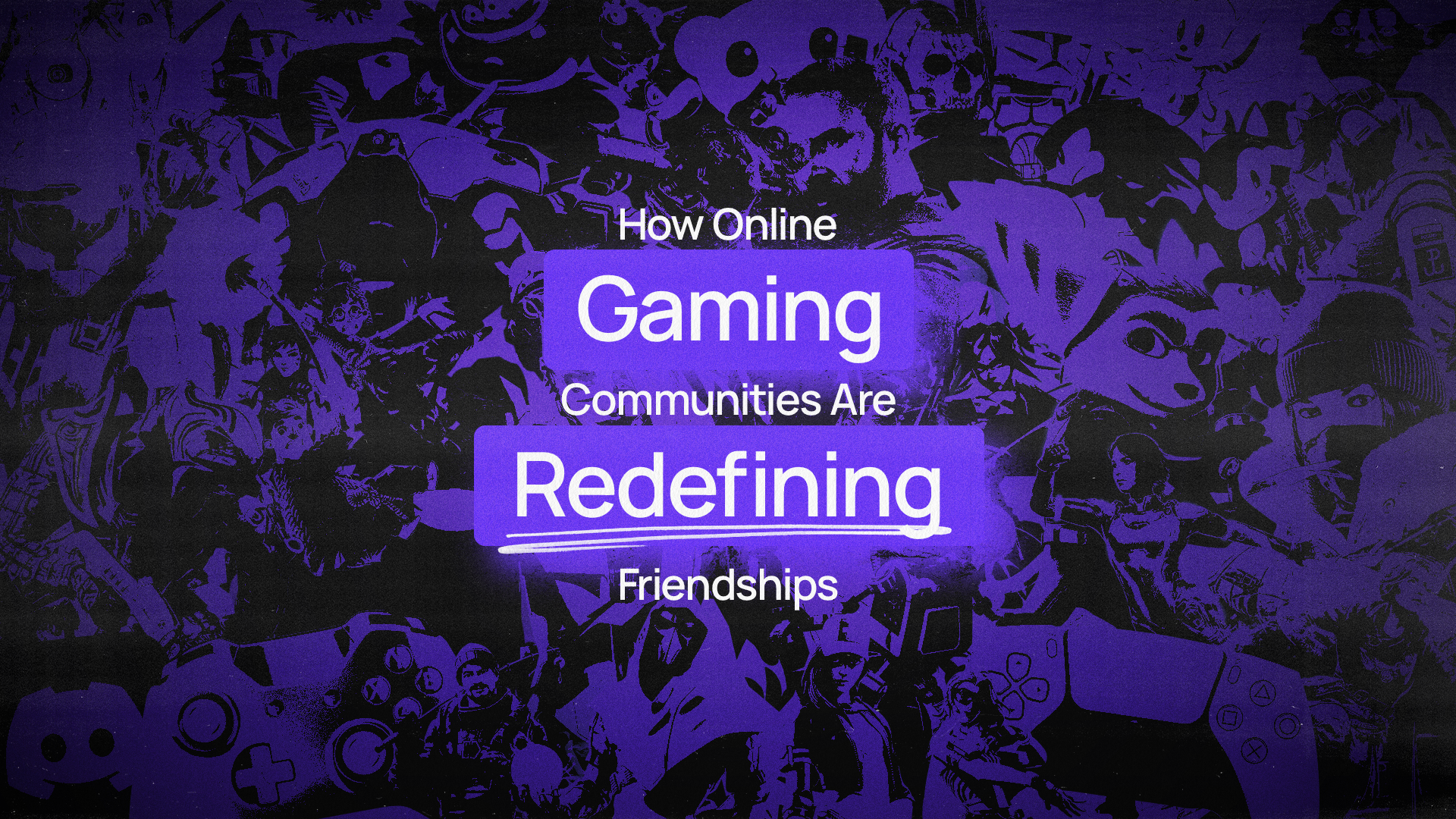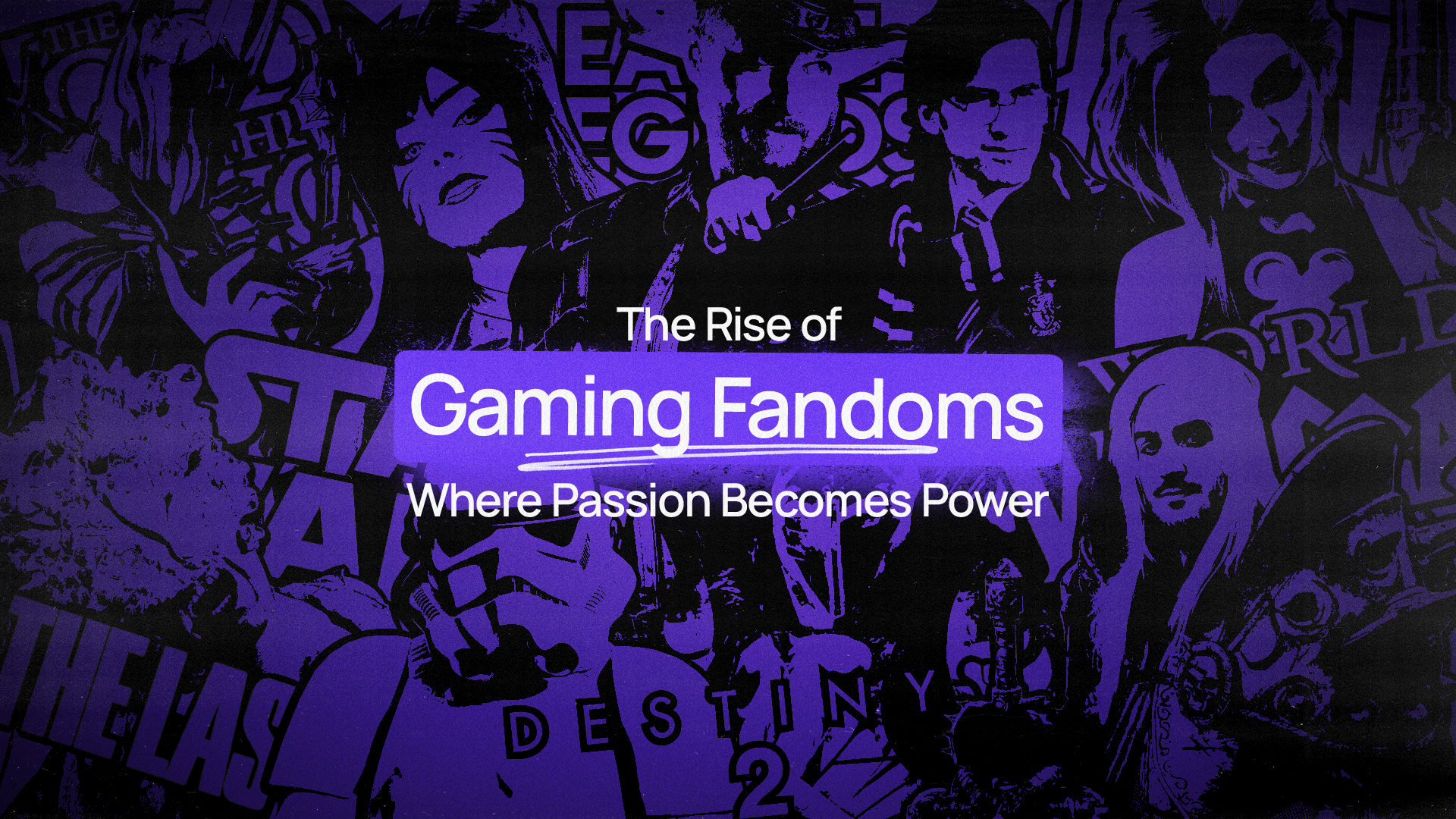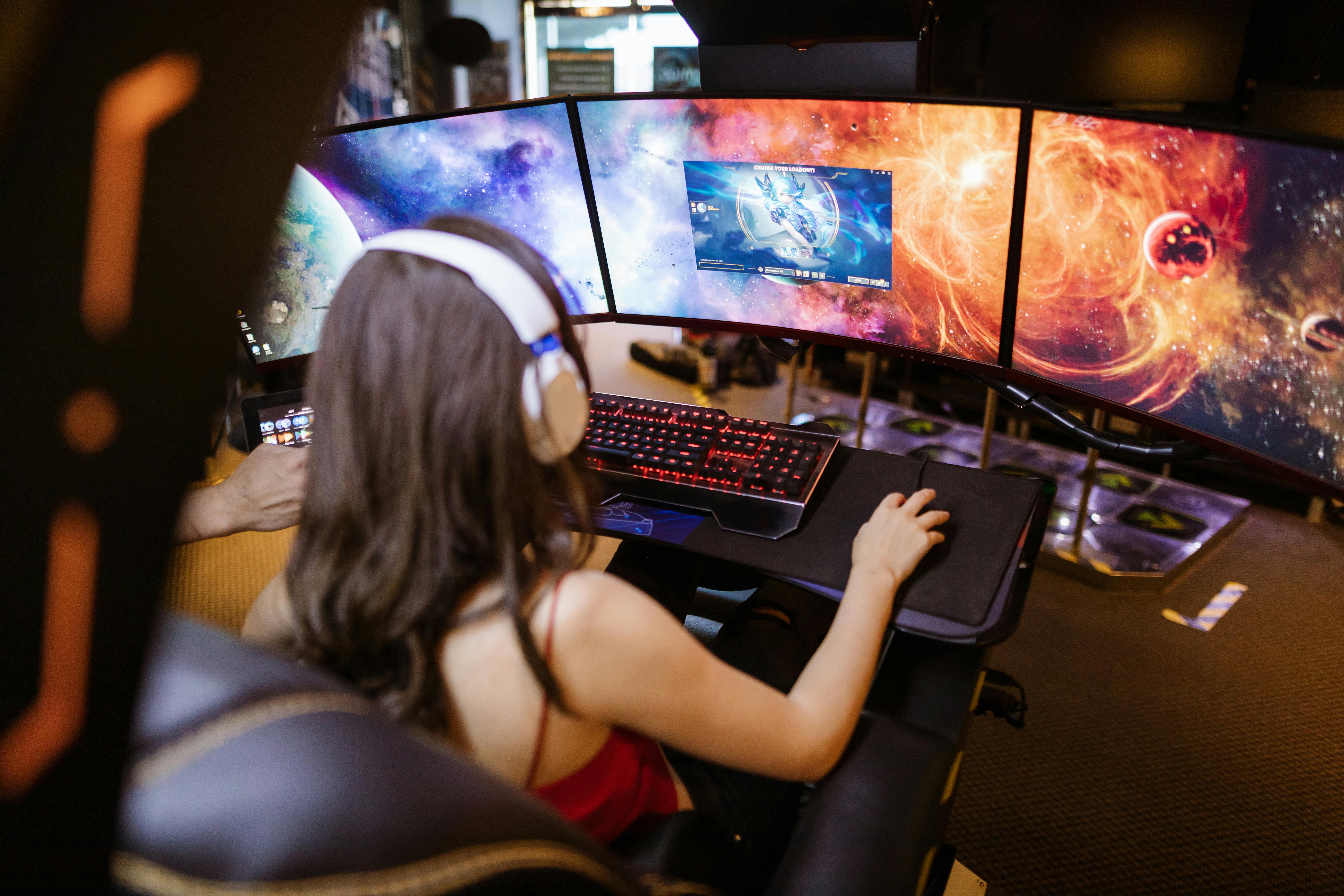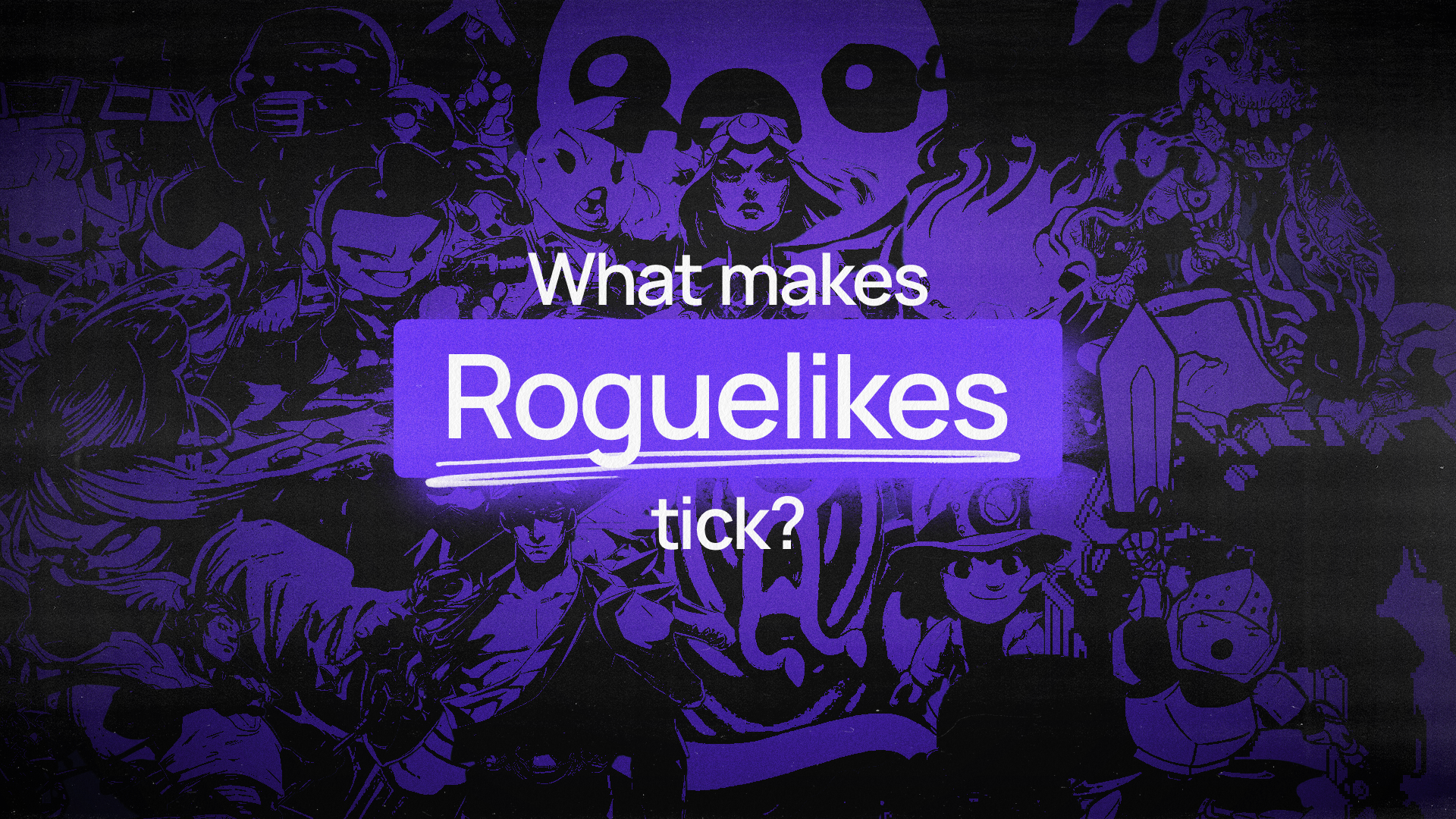Ideas
10 Minute Read
How Online Gaming Communities Are Redefining Friendships

With the rise of social media platforms and online gaming, we’re more connected than ever. Many people now actively choose to stay home, play games, and engage with friends online rather than in person. But why is that?
How are online gaming communities creating fulfilling and memorable experiences that redefine how we think of friendship? As someone who’s made numerous friends through gaming, it’s a fascinating concept. Gaming is no longer just entertainment, it’s a new kind of human connection.
The new social arcade
Many of today’s mainstream games are free-to-play, centred around regular updates, microtransactions, and seasonal content. As a result, publishers benefit from a steady revenue stream, while players build social plans around patch drops: “Hey, shall we check out the new Fortnite update?”
People are willing to spend hours in front of their screens, as seen during the pandemic boom with Among Us, Jackbox, and Call of Duty: Warzone. Each big update creates a new wave of hype, with players flocking to jump in. Social mechanics like clearing dungeons or squadding up in Warzone don’t just offer loot and XP. They create moments of shared challenge, and bring people together in real time.
Gaming started with those awkward “water cooler” conversations, but it quickly evolved. It’s now an online social arcade. I remember being 16, rushing home from school to play every new Overwatch season with friends. Knowing that my favourite game had something shiny to check out made it cool. But it was even cooler sharing the experience. And let’s not forget the Halo 3 ending, racing across a collapsing landscape in the Warthog, arguing over who’d drive and who’d take the railgun. Escaping almost-certain doom with your bro? Peak friendship moment.
From rushing B to real-life bonds
Whether it’s finding a guild or joining a co-op shooter, the internet is full of potential teammates who soon feel like brothers or sisters in arms. Some of my closest friendships started with one chaotic moment in Rainbow Six Siege, shouting “HE’S ONE SHOT” while storming B Site on Coastline.
It’s crazy to think that one message asking someone to squad up could lead to a real friendship. You might not know someone very well, but after hours gaming together (whether shooting zombies or robbing a bank), it feels like a genuine bond begins to form.
Gaming, once written off as wasted time, is now the norm. And in today’s world of Bumble, Tinder, and Hinge, don’t overlook Discord. It’s where many are now meeting their significant others. In fact, there are entire Reddit threads dedicated to love stories that started in lobbies and voice chat.
-
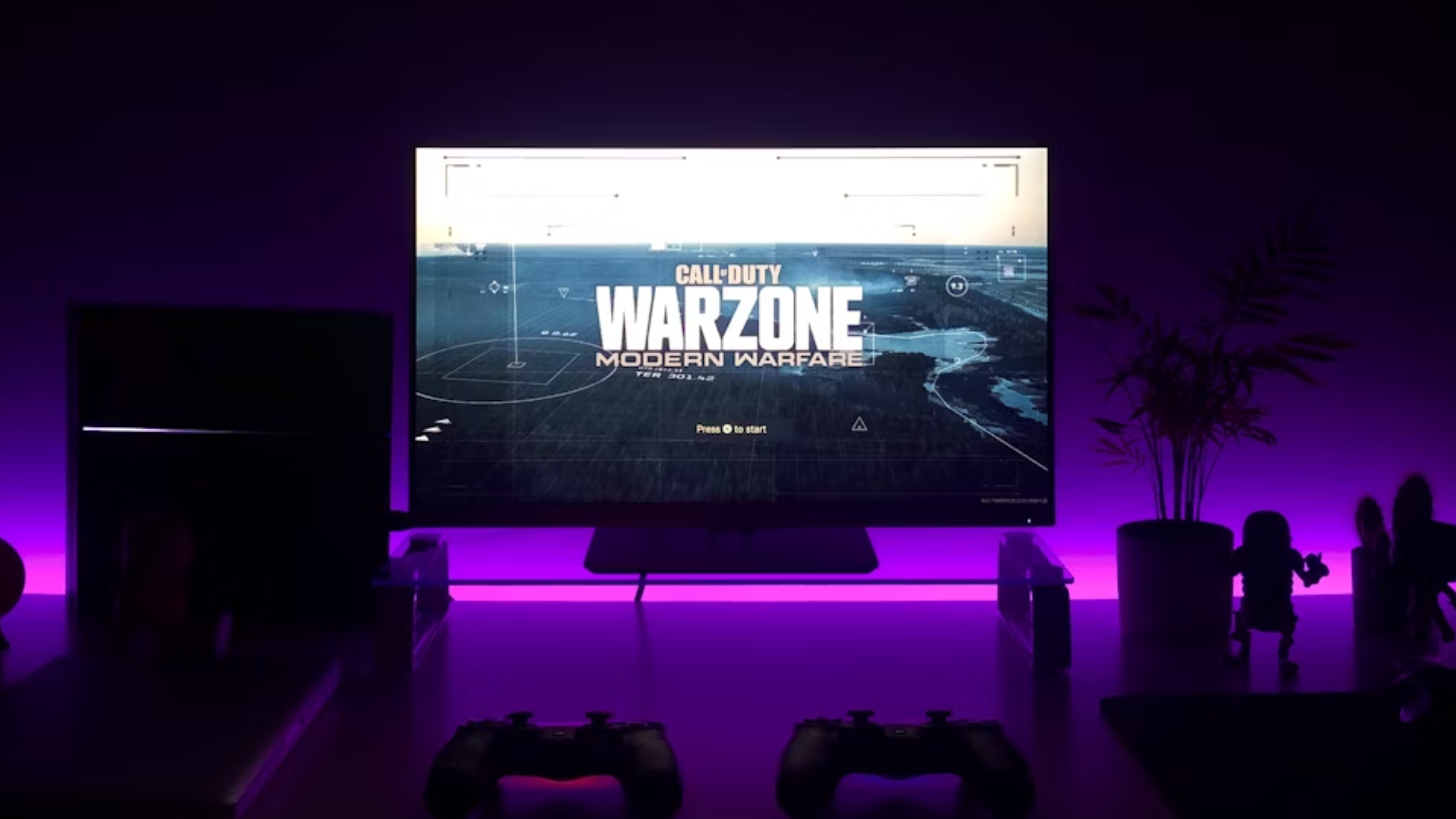
Warzone - a game players flocked to in lockdown
-
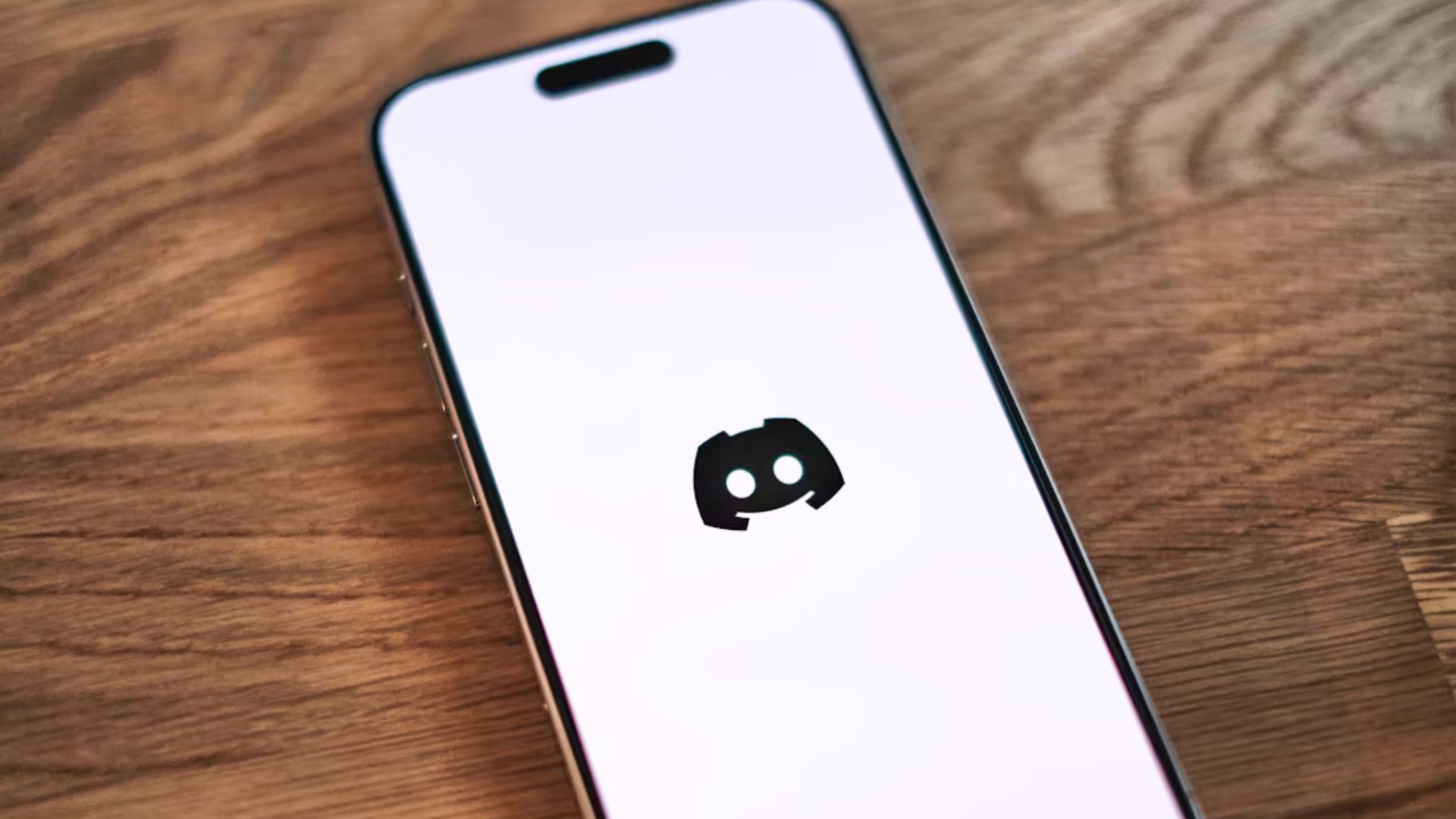
Discord - a place where friendships are formed
Identity, belonging, and support in gamer communities
It’s safe to say that social interactions aren't just in person any more, but also through online spaces. And despite the stereotype, even gamers are social creatures.
That’s why gaming communities are so important, especially for underrepresented groups. For LGBTQ+ players, neurodivergent folks, or anyone feeling outside the mainstream, gaming offers a space to connect authentically and safely. These sorts of interactions foster well-being, healing and growth.
During the COVID-19 lockdowns, when in-person connection was nearly impossible, the role of safe digital spaces became that more important. Gaming provided a crucial lifeline.
How game developers are building for connection
Game developers know that humans crave connection, and they’re building for it. Features like voice chat, matchmaking, co-op modes, and expressive emotes are now expected at launch.
Social features tend to lead to increased engagement and retention. People are more likely to return to a game (like I do daily with Apex Legends) if their friends are playing or there’s a sense of belonging in the game community. Games become rituals.
Social design isn’t just good for community building, it’s good for business, too. Social games spread faster via Steamer collabs, memes, and word of mouth. Titles like Phasmophobia, Valorant, and Among Us owe much of their staying power to streamer buzz and community hype.
Multiplayer gamers never slow down. And if you’re a newcomer you can feel motivated to invest in the game just to catch-up. Ever been jealous of a friend’s skin or the fact they can one-shot low level mobs? It’s easy to be tempted down the microtransaction rabbit hole.
So while devs do help build relationships, bromances and friendships, they’re also crafting sticky ecosystems designed to keep us playing.
-
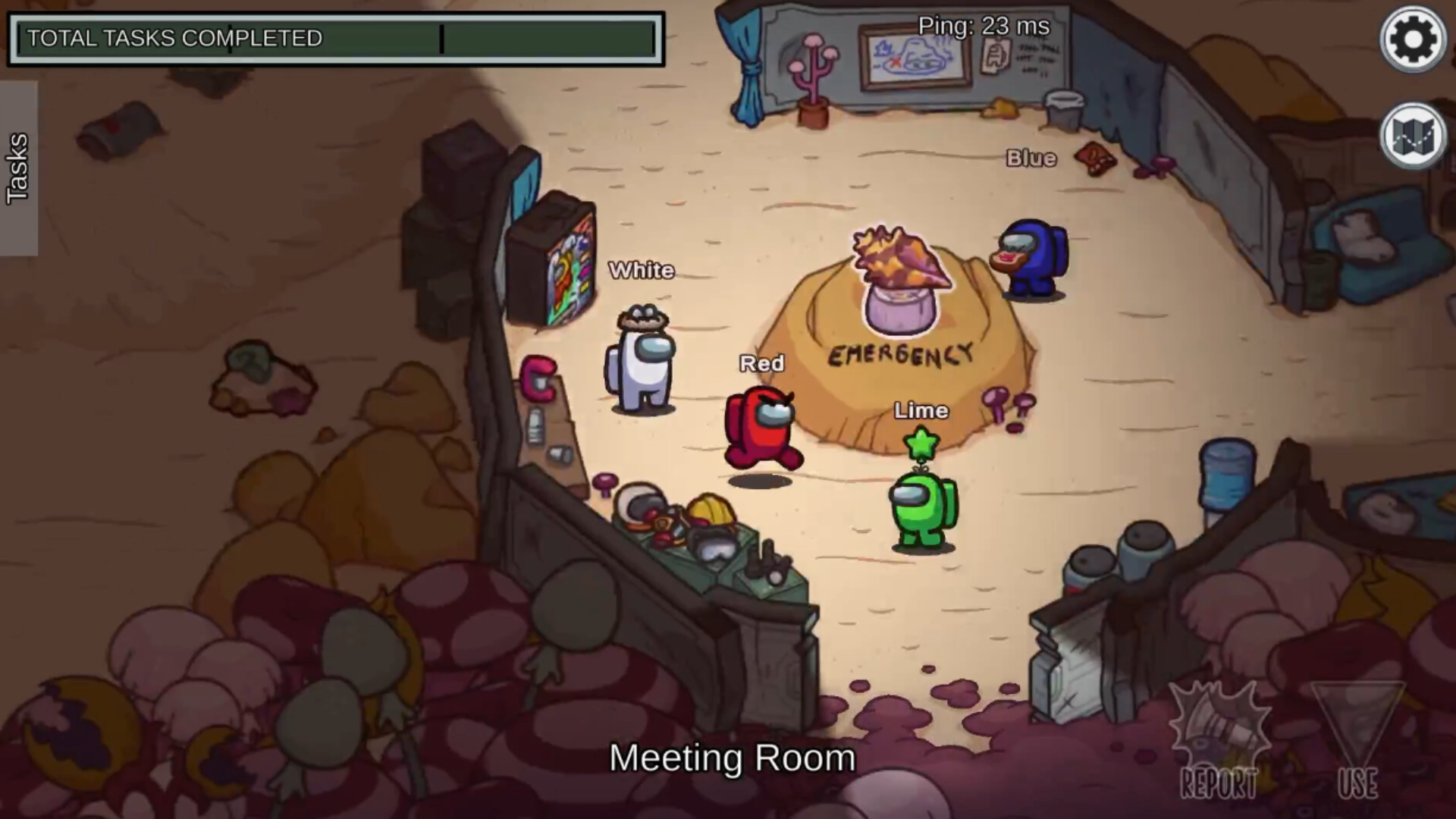
Among Us - the type of social game that spreads fast
-

Apple Vision Pro - augmented reality technology has boomed
Looking ahead: how games will continue to shape friendship
Friendships are no longer bound by geography. We can truly have friends across the globe. The “pen pal” has evolved into the squadmate and the raid partner.
Looking ahead, the line between online and IRL will likely blur even further. Augmented reality technology has boomed within this decade, with inventions such as the Apple Vision Pro. With AI really taking over our FYP’s on TikTok, I imagine our digital experiences will seem all the more real in the future. Like Split Fiction, what if we could step into each other’s stories or start to have AI companions?
It’s hard to say where it’ll go. But it’s amazing to think how far we’ve come, and how the internet has connected us. Online games aren’t just reshaping entertainment, they’re reshaping what friendship means, and how we find it.
